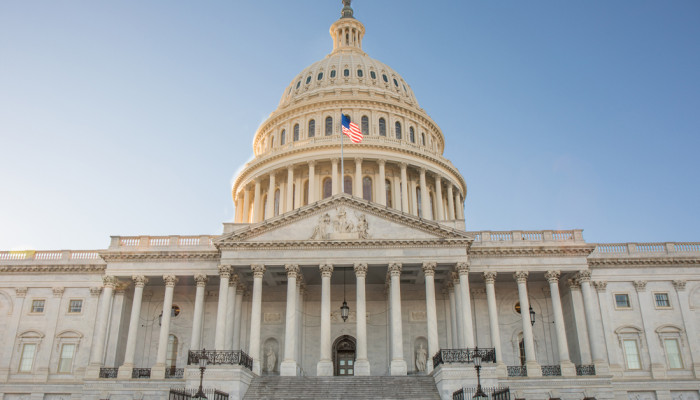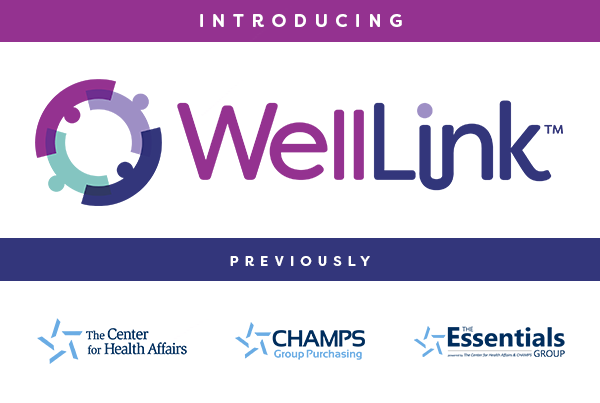Senate Reconciliation Bill Includes Problematic Healthcare Provisions

Hospital and healthcare advocates continued to make their voices heard this week in Washington, D.C., while on Monday the Senate Finance Committee released its portion of the budget reconciliation legislation, which includes provisions that would jeopardize healthcare access.
The changes proposed by the Senate as well as those included in the House’s One Big Beautiful Bill Act (OBBBA) could lead to more than 10.9 million people losing Medicaid coverage. These cuts would harm not just Medicaid enrollees. They would ripple through the healthcare system and impact access for all patients and communities.
Medicaid Provisions
Among the changes proposed by the Senate is a requirement that, beginning Dec. 31, 2026, certain nonpregnant, nondisabled adult Medicaid beneficiaries work or engage in qualifying activities, such as community service, educational programs, or job training, for no less than 80 hours per month. The legislation would exempt, among other groups, parents, guardians and caretaker relatives of children aged 14 or under, or a disabled individual. The House-passed OBBBA contains a similar provision but would exempt parents and caretakers of a disabled individual or dependent child aged 18 or under.
Consistent with the OBBBA, the Senate bill also would require states to redetermine Medicaid eligibility every six months for beneficiaries enrolled through the Medicaid expansion eligibility pathway, beginning in calendar year 2027. Both the House and Senate would require Medicaid expansion enrollees with incomes above 100% of the federal poverty level to pay a co-pay of up to $35 per service.
What’s Missing
Several items of importance to the healthcare system are absent from the Senate’s proposal. These include:
-
A delay in cuts to Medicaid Disproportionate Share Hospital (DSH) payments, which are scheduled to go into effect October 1, 2025, for fiscal years 2026-2028.
-
An increase in Medicare payments for physicians. Physicians faced a nearly 3% cut in reimbursements this year and continue to urge Congress to reevaluate the payment formula, which resulted in lower payments and contributes to increased consolidation between practices and hospitals.
What Happens Next
The Senate aims to have the bill ready for a vote on the floor next week, passing it back to the House before the July 4 holiday.
For more, read WellLink’s statement on the One Big Beautiful Bill Act and watch the latest video from the Coalition to Strengthen America's Healthcare.

